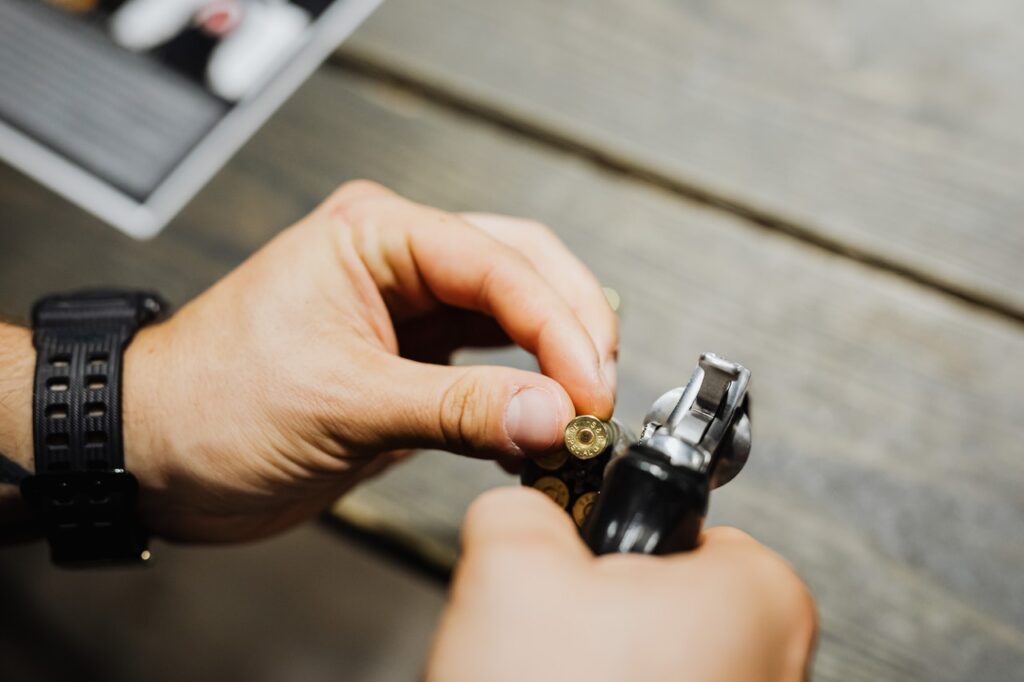
"Hatred is a feeling that can only exist in the absence of all intelligence." ?Tennessee William.
In an average year, more than 10,300 hate crimes in the United States involve a firearm, which translates into more than 28 per day. The signs are not encouraging, especially when various reports indicate that these crimes are on the rise, becoming a true "Armageddon".
According to the Everytown For Gun Safety Foundation, the vast majority of hate crimes are directed against communities of color, religious minorities and LGBTQ+ people, as well as being motivated by bias against race, color, religion, national origin, sexual orientation, disability, gender or gender identity, or other fundamental parts of a person's identity.
In 2020, the most recent year for which data is available, 63 percent of reported hate crimes were motivated by racism; more than half of these crimes were motivated by bias against African Americans, the paper notes.
For the remaining hate crimes in 2020, 15 percent were motivated by religious bias, mostly anti-Jewish; and anti-LGBTQQ+ bias motivated 17 percent of hate crimes that same year.
According to the Southern Poverty Law Center (SPLC), the current political climate has encouraged people to commit hate crimes and has also contributed to the formation of more hate groups across the country. In fact, the number of such groups in the U.S. increased by 30 percent between 2014 and 2018, with a 7 percent increase in 2018 alone.
The paper reveals that hate crimes have a devastating impact on individual victims, and reverberating effects are experienced by groups and entire communities.
For people struggling with prejudice, news of a violent hate crime targeting members of a shared identity group can feel like a personal attack. After the Pulse nightclub shooting, LGBTQ+ people across the country reported experiencing higher levels of emotional distress and said they would be less likely to attend safe spaces like LGBTQ+ nightclubs. "When safe spaces no longer feel safe, entire communities suffer."
In light of this, the organization states, "it is essential that states and the federal government prohibit felons convicted of violent misdemeanors or hate crimes from purchasing or possessing guns.
Hate crimes involving firearms were the catalyst for gun crime laws in the United States.
The first major federal hate crime protections were enacted in the wake of the Martin Luther King, Jr. shooting, while the most recent improvement in federal hate crime laws came after the death of Matthew Shepard, who was attacked for being gay, beaten with a gun and left to die, the report notes.
According to recommendations from Everytown For Gun Safety, current federal and state gun laws do not adequately address the problem. "While all felonies are prohibited by federal law, most misdemeanors, including misdemeanors of those motivated by hate, are not."
Misdemeanor hate crimes can be serious and violent acts, but under federal law, a conviction for these violent or threatening acts does not prohibit someone from purchasing or possessing a gun.
Moreover, he pointed out, while nearly half of the states have laws closing this loophole, most states do not, meaning that, in much of the country, a person convicted of a violent hate crime could legally pass a background check and purchase and possess a firearm.
"States should pass laws to prohibit people convicted of hate crimes from buying or owning a gun and should take additional steps to keep guns out of the hands of all people convicted of violent crimes. A recent study found that violent misdemeanor laws were associated with a nearly 27 percent reduction in gun homicide rates."
In turn, the organization noted, states can also pass extreme risk laws to help prevent access to guns by individuals who have shown severe warning signs that they are a threat to others, including those who are motivated by bias.
"Extreme risk laws give family members and law enforcement a way to intervene before warning signs turn into tragedies. Under these laws, a petitioner can obtain a court order, often referred to as an extreme risk protection order (ERPO), to temporarily remove guns from a dangerous situation."

This publication was supported in whole or in part by funding provided by the State of California, administered by the California State Library.
You may be interested in: Pacifica police call for help after hate incident


